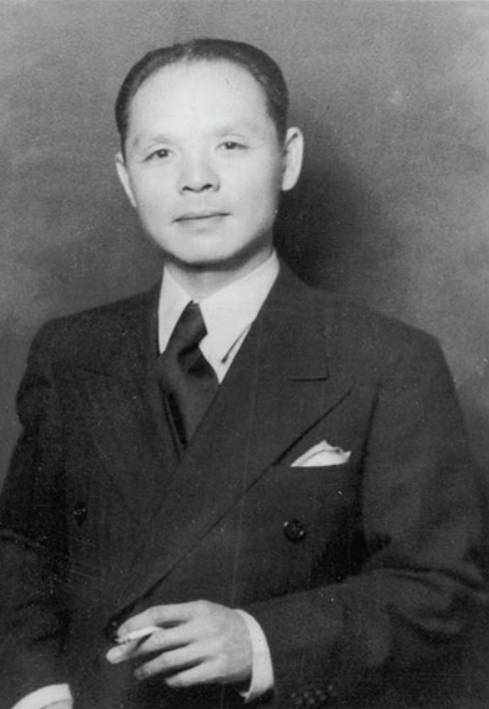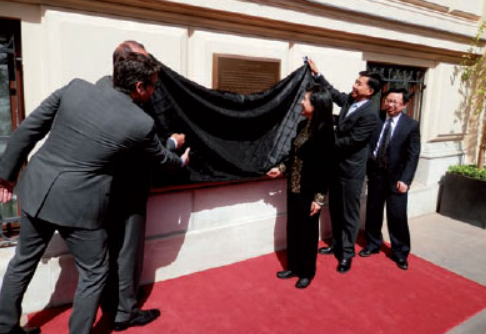

My father, Ho Feng Shan, was born into poverty in rural Hunan province on Sept 10, 120 years ago, during the twilight of the Qing Dynasty (1644-1911). Today, he is remembered as the Chinese diplomat who, on the threshold of World War II, saved thousands of Jews and provided the Chinese port city of Shanghai as a refuge of last resort.
I am often asked: "What would lead a man from China to save Jews when others would not?" My answer has been: "If you knew my father, you would not need to ask." But of course, that is no longer possible. To the majority of people, my father is already a one-dimensional historical figure from long ago onto whom they can project their own interpretations.
For example, my father is called "the Chinese Schindler", a label I regard with some irony. For, aside from having saved Jews, my father had nothing in common with Oskar Schindler, the German war-profiteering businessman and Nazi party member whose single attack of conscience led him to save the Jews laboring in his factory.
So who was Ho Feng Shan? He would be better described as a 20th century Zhuge Liang (181-234), after the legendary statesman, diplomat and strategist from the Three Kingdoms period (220-280). My father's favorite classic novel was, in fact, Romance of the Three Kingdoms, in which Zhuge Liang employs the "empty fort strategy" to foil an invading army.

As a diplomat, my father possessed no armies or weapons. Instead, he had to rely on his wits and strategic prowess throughout his career. One of the best illustrations of this is his rescue of thousands of Jews and his creation of a haven for some 18,000 of them in Shanghai.
In March 1938, the union of Austria and Germany (Anschluss) unleashed a Nazi reign of terror which precipitated a Jewish refugee crisis. The initial efforts of the Nazis to render their territories "cleansed of Jews" was to expropriate their assets and to drive them out.
Nazi authorities told Jews that if they could produce "proof of emigration" in the form of an entry or end destination visa to another country, they would be allowed to leave. Even relatives who had been arrested and deported to concentration camps would be released.
Unfortunately for the Jews, as demonstrated during the Evian Conference of July 1938, almost none of the 32 participating Western nations would let them in.
At this time, diplomats like my father were in a unique position to help a large number of Jews. None did, except for the one diplomat who, unlike his peers, faced the most daunting obstacles as the representative of China.
The first obstacle my father faced was accessibility to China. The preceding year, Japan had invaded his home country and occupied all of its ports of entry. Any document or entry visa issued by a Chinese diplomat would certainly not be recognized by the Japanese occupiers.